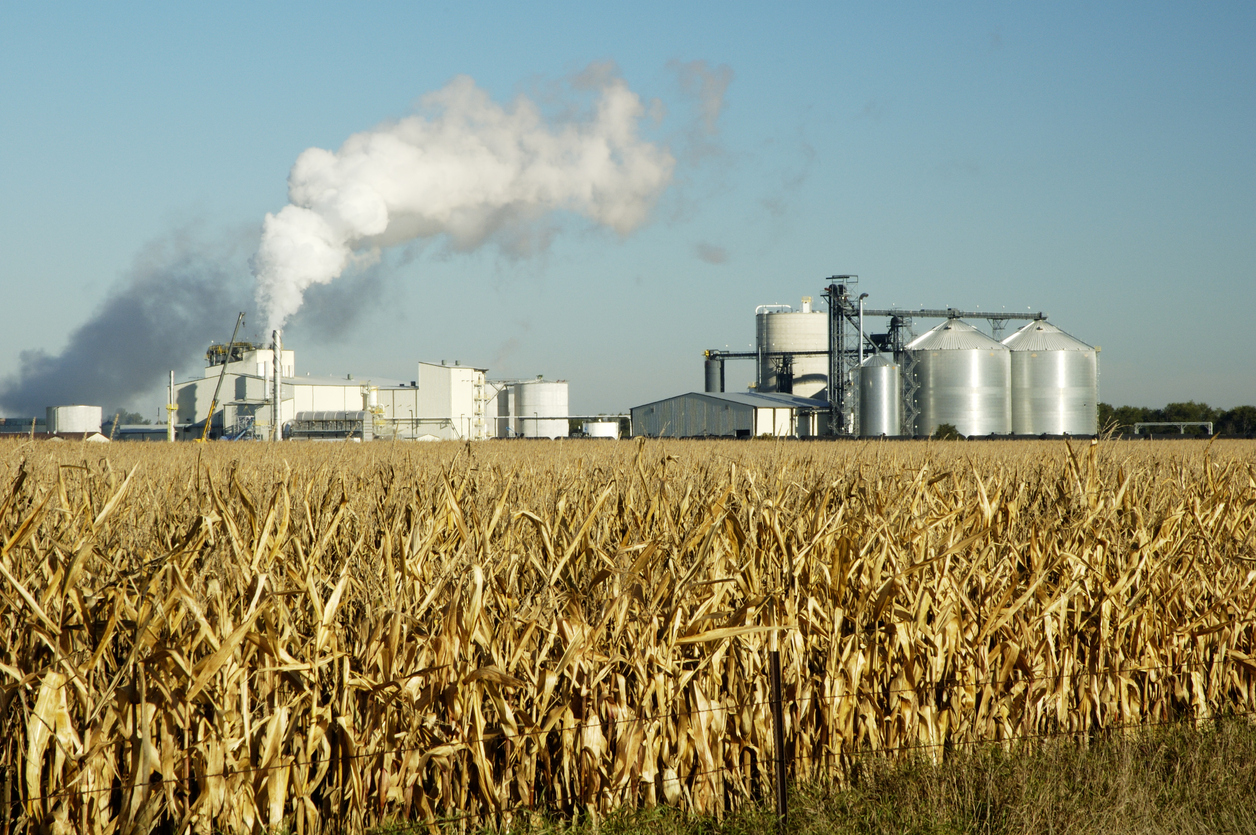How to buy and sell ethanol in Nigeria: A Comprehensive Guide for the Impatient Newcomer
How to buy and sell ethanol in Nigeria: A Comprehensive Guide for the Impatient Newcomer
Are you interested in investing in an agribusiness venture and have your sights set on ethanol as an option? Are you a farmer who has been growing corn for personal consumption, but now want to start making profits from it? Or do you work in the oil or gas industry and have identified ethanol as a potential side business? Whatever your circumstances, investing in ethanol production or the procurement of ethanol for your business may be the right move for you. But how exactly would you go about doing that? Here are some tips to make things easier when buying and selling Ethanol in Nigeria.
What is Ethanol?
Ethanol is an organic compound made by fermenting sugars in plants and grains. It is a biofuel that can be used in place of gasoline. Because it is produced from renewable resources, ethanol is considered a clean fuel source. This has made it increasingly popular both in the United States and around the world. Ethanol can be made from a variety of different crops, but the most common are corn, sugar cane, and soybeans. Ethanol can be used as a fuel in its pure form, or it can be blended with gasoline to reduce greenhouse gas emissions. Ethanol is also used to power a variety of other things, including some cars, boats, lawnmowers, and other small engines.
How much does it cost to produce ethanol?
As always, you’ll have to do some research to find out the costs associated with producing ethanol in your area. The price of corn and other feedstock materials are the biggest factors in determining ethanol production costs. Feedstock costs make up about 60% of the cost of ethanol production, while the energy needed to produce a gallon of ethanol accounts for another 25%. Ethanol is typically more expensive than gasoline, but its environmental benefits make it a more attractive option in some areas. Ethanol blending mandates, renewable fuel standards, and subsidies have all played a role in making ethanol more accessible to consumers. This will likely lead to more demand for ethanol in the future. Ethanol prices are expected to rise as demand increases. Ethanol prices are expected to increase with demand.
Where to buy ethanol in Nigeria?
Nigeria’s ethanol industry has been underdeveloped for years and it is only now becoming a more attractive investment opportunity for private financiers. Ethanol is produced in only a handful of locations around the country and is primarily available in the South West and South East regions. This is due to the fact that the Southern part of the country has a similar climate to Central America, where the vast majority of ethanol is produced. Ethanol is primarily used to blend with gasoline, so a steady supply of gasoline is necessary to guarantee a steady supply of ethanol. The demand for ethanol in Nigeria is expected to rise in the coming years due to the implementation of the Biofuels Directive, which promotes the use of ethanol as an alternative fuel source. The amount of ethanol used in the blend is expected to increase gradually to a maximum of 10%.
Who are the major players in the market?
There are a number of agribusinesses in the ethanol market in Nigeria. The most prominent ones are: Nigerian Ethanol Company Limited (NECL) – NECL is a private sector-led bioethanol production venture that is currently under construction and is expected to commence operations in 2020. Nigeria Liquefied Natural Gas (NLNG) – NLNG is the country’s largest natural gas company, and it has a refinery that produces ethanol in Warri, Nigeria. Aliko Group – The Aliko Group has an ethanol production facility in Ikot Abasi, Akwa Ibom State.
How to spot a bad supplier and avoid scamming?
The ethanol market in Nigeria is still in its early stages, so it can be difficult to find a reliable supplier. There are a few things you can do to avoid getting scammed. – Ethanol.org has a list of red flags to watch out for when dealing with suppliers. These include the supplier asking for upfront payment, a lack of transparency about the source of the ethanol, and a refusal to visit the ethanol production facility. – Visit Ethanol plants in your region. You can also visit the Nigerian Ethanol Company Limited website to learn more about the production process. – Find out if the supplier is part of a trade organization like the International Ethanol and Biofuels Association.
Final Words
The ethanol industry in Nigeria is still in its infancy, and it has the potential to grow significantly in the next few years. Ethanol offers many benefits over traditional fossil fuels, including a reduction in CO2 emissions, lower operational costs, and improved engine performance. Ethanol is also a renewable resource that can be produced from a number of different feedstocks. Ethanol is a valuable market for farmers to be involved in, as it gives them an extra source of income and a new market for their product. It is important for interested parties to understand the market for ethanol in Nigeria and how to buy and sell ethanol.








LEAVE A COMMENT
You must be logged in to post a comment.